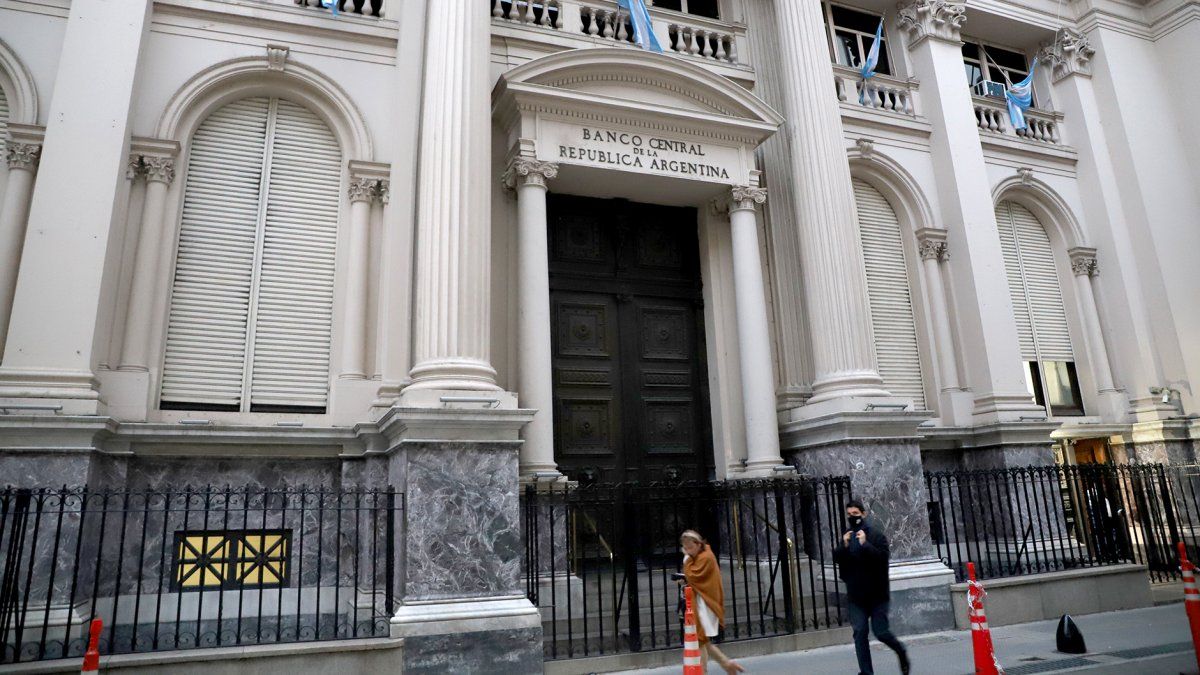For the economist Pablo Ferrari, this responds to the fact that “he had been seeing an exit from the FCIs of some instruments in pesos and this rise of the central bank point to align performance of these with the other assets”. The aim is for them to continue to be profitable as instruments and thus avoid changes in the fund’s portfolios, which tend to diversify risk and seek stable returns.
Salvador Distefano, business and investment specialist, points out, in the same sense, that the BCRA what it seeks is to control the dynamics of the financial dollarsimproving the performance of the FCIs so that the pesos are not transferred to those markets.
New rate for FCIs: how it impacts the market
However, he warns that “when that rate goes up, also increases the surety in the stock market and that has a negative effect on the dynamics of actions, since it pulls them down, and it can also affect the yield of some bonds, where there may be people who are leveraged”. In fact, some voices in the City mention that, after knowing the extent of the BCRA, some shares began to fall on the stock market yesterday. Although this data does not mark a trend, because the local bag It has been having very good results, it could be a first symptom to observe.
Thus, analysts warn that this does not only have an effect on the FCI dynamics, but also on the behavior of some investors. But what specific consequences does the measure have in this regard?
Ignacio Zorzoli, Finance Director of the Center for Economic Studies Argentina XXI (CEEAXXI), explains that, as regards the retail investor, “the change of rates by the BCRA for the FCI it has a positive repercussion for those who put money in the funds that invest in short-term passes”.
Pesos Investments Currencies Inflation Pocket Notes 06-14-2021
Ignacio Petunchi
Mainly, the most benefited will be the money market funds, which have liquidity at the moment and they are the ones that allocate the highest percentage of the portfolio to these instruments, so it is anticipated that this novelty will generate an increase in the return that the investor can obtain for the money on sight that is placed in these funds.
And it is that, according to Zorzoli, “mainly, the measure that tends to maintain liquidity of the funds and that investors do not allocate their money to less liquid but more profitable instruments”. On the other hand, he mentions that the main national bonds are issued in foreign currencywith which they are not affected by a change in the local interest rate.
What about the fixed term?
However, for Distefano, there is another element to take into account in all this dynamic and that is that “when the FCI rate rises, investors begin to agree to that return more than the fixed term rate for large sums.” So, he does not rule out the possibility that many people who have a fixed term may find it more convenient to go to mutual funds.
In this way, Vitelli does not rule out that this novelty could make banks begin to see an outflow of funds from fixed terms and remunerated accounts to FCIs. He agrees with other analysts in this sense when pointing out that what it does is promote money market funds over other instruments and warns that, since these are highly liquid, what is done is to accelerate the speed of money circulation.
This is how he explains that, while today these funds manage $3.7 trillion, the fixed terms accumulate $10 trillion. The latter are backed by the Liquides lyrics (LELIQs), so you could start to see a little less pressure on those BCRA instruments as a result of the measure, but it would be transferred to the repo market.
In this sense, Vitelli considers that It would be desirable that in the coming weeks the BCRA could touch on some other monetary policy variable that helps prevent so many fixed-term funds from going to the money markets. However, everything would indicate that, for the moment, No change in rates is plannedneither of LELIQ nor of fixed terms, at least, in this quarter.
Source: Ambito
I am a 24-year-old writer and journalist who has been working in the news industry for the past two years. I write primarily about market news, so if you’re looking for insights into what’s going on in the stock market or economic indicators, you’ve come to the right place. I also dabble in writing articles on lifestyle trends and pop culture news.




